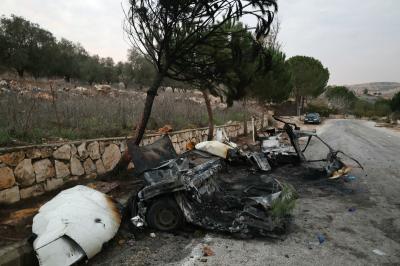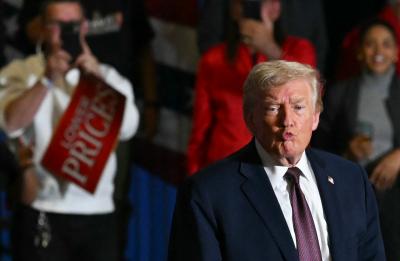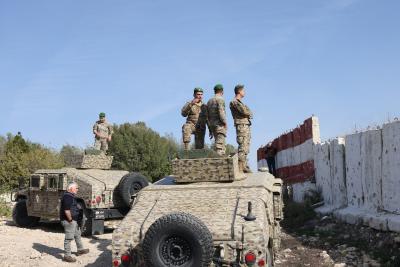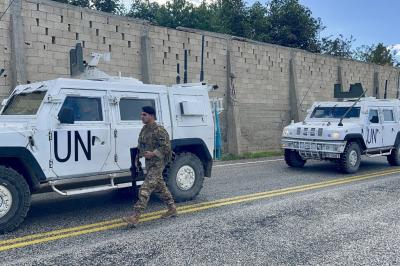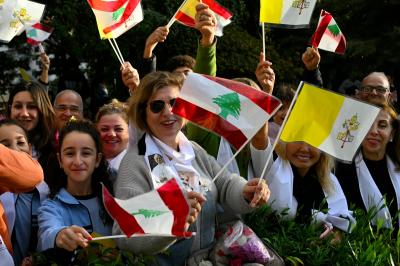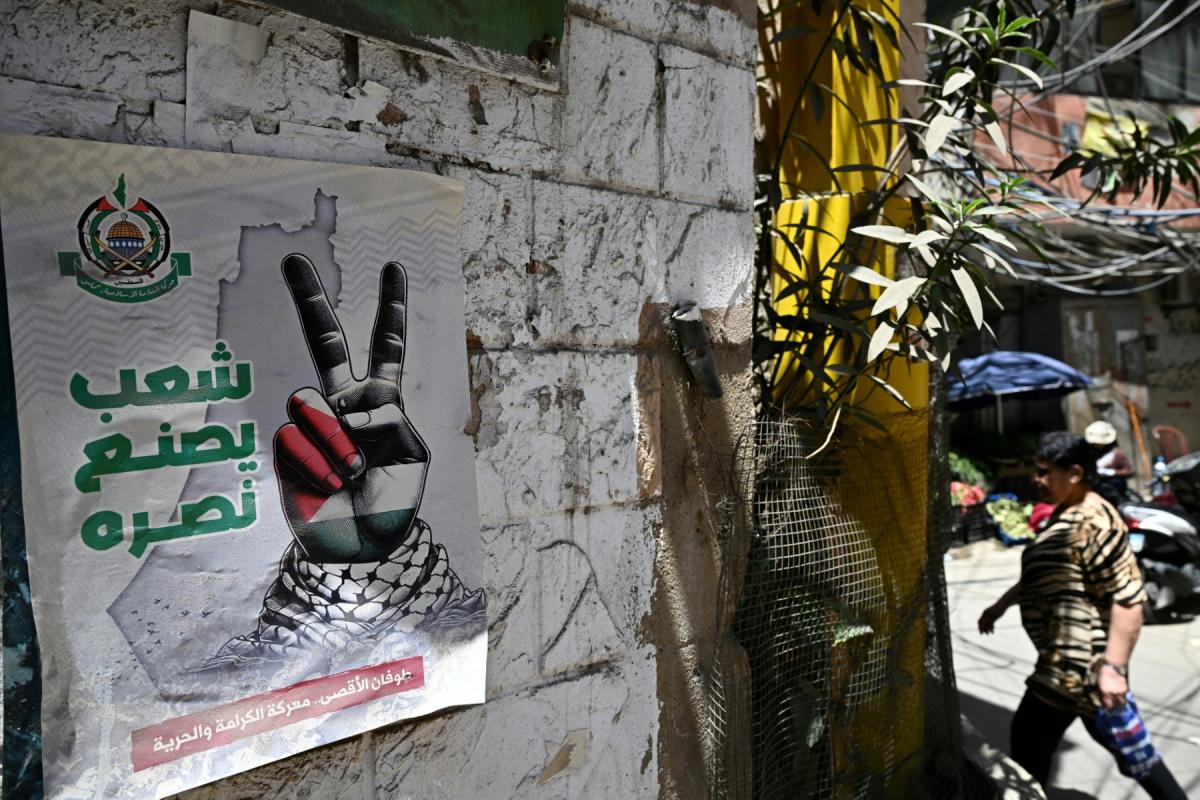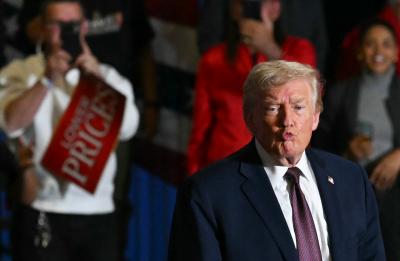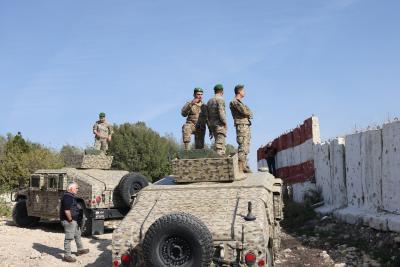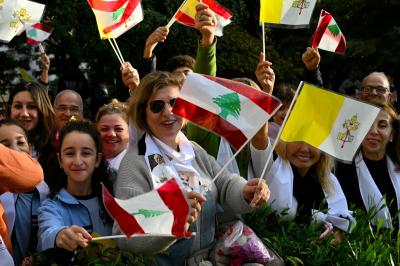France’s anticipated recognition of the State of Palestine will mark one of the most significant global endorsements to date among the nations that have extended such recognition. Yet the question remains: what impact will this long-delayed step have?
Undoubtedly, the recognition carries symbolic and moral weight — especially amid Israel’s relentless war on Gaza, now gripped by an unprecedented famine. Politically, it lands as part of a mounting international campaign against Israel, fueled by growing global outrage at its government. As the first recognition of its kind from a G7 nation, it will put pressure on other major powers — particularly Britain — to follow suit.
This move, however, is part of a long historical accumulation that will take years to bear fruit. And if international resolutions are meant to serve as a foundation for future developments, the irony is that this recognition comes at one of the darkest moments for the Palestinian cause.
The reality on the ground reveals unprecedented Palestinian fractures, deep internal divisions, and a total absence of serious support for the cause. Israel is pushing forward with its settlement and annexation projects in the West Bank — a direct response to the recognition — while advancing its most dangerous agenda: displacement. A policy that poses direct consequences for Lebanon, which has long feared the specter of permanent resettlement.
The Palestinian diaspora remains fragmented worldwide, but in Lebanon the situation is uniquely volatile, always on the verge of explosion. Promises to resolve the issue of armed factions have evaporated, as expected. Lebanon’s own political and security landscape mirrors the divisions of the Palestinian scene.
Efforts at reconciliation — particularly between the factions of the Palestine Liberation Organization (PLO) and those outside it, chiefly Hamas — have collapsed. The hope of elections leading to a new Palestinian government has faded. Tensions between Fatah, the backbone of the Palestinian Authority, and Hamas have worsened to the point of near breakdown. There is no longer serious talk of a “day after” for Gaza; the most realistic goal now is establishing a limited local administration with no real authority — a vision already fraught with obstacles.
President Mahmoud Abbas continues to operate within the framework of the Authority, not a state — despite having recognition from nearly 200 countries, a constitution in place, and defined territory. Hamas, for its part, clings to its authority in Gaza, now reduced to rubble, as Israel continues its campaign of destruction. The perpetual loser remains the Palestinian people.
Amid these divisions, Israel’s plan appears clear: keep roughly half a million Palestinians in Gaza, and expel the rest — some voluntarily through incentives, others forcibly. This poses direct threats to neighboring countries, particularly Egypt and Jordan. Israel is reportedly preparing to displace 750,000 Palestinians holding Jordanian citizenship, banking on the assumption that they can be relocated more easily — eventually moving toward a gradual plan to uproot Palestinians from Galilee in the north toward Lebanon.
The plan is staged, with each phase dependent on the success of the one before — a scenario many deem unlikely. Yet the implications for Lebanon remain alarming.
Palestinian refugee camps in Lebanon are already in dire condition. UNRWA’s assistance is dwindling, and the exact number of Palestinians in Lebanon remains unclear. Official statistics place them at 174,000, while registry figures list 155,000. Realistically, the number is estimated between 220,000 and 250,000 — a significant figure for a small, sectarian, and politically fragile country like Lebanon. The risks of resettlement and displacement loom large, and the presence of Palestinian weapons — maintained by certain factions — risks fueling future unrest.
During his recent visit, President Abbas made sweeping promises about storing, regulating, and withdrawing weapons. Yet he quickly moved to establish a National Security Force, positioning himself in an axis counter to Hezbollah. While Abbas seeks to cement his authority over Palestinians in Lebanon, it is evident that the camps are beyond his control. Many factions operate independently of him, and even within Fatah there are elements that defy his leadership.
Beyond the two main rival factions — Hamas and the Democratic Reformist Current — Fatah itself failed, during clashes two years ago, to eliminate armed groups, leaving their areas of influence intact. Though these groups may be militarily weak, they retain the ability to destabilize the situation.
The issue of weapons in Lebanon is tied to factors beyond the control of either the factions or the Palestinian Authority. Hamas, whose influence in the camps has grown in recent years, enjoys Hezbollah’s protection. Some had hoped it could strengthen its position through ties with President Joseph Aoun, bypassing the Lebanese-Palestinian Dialogue Committee under the Prime Minister’s office. Yet Speaker Nabih Berri extended Hamas some support through the Joint Action Committee, which operates among political, military, and security authorities.
Today, efforts are underway to restore unity within the Palestinian community in Lebanon, starting with the reorganization of Fatah itself. The broader aim is to create space within the Joint Action Committee for Hamas, ensuring it is not politically sidelined in Lebanon.
On the Palestinian scene, everyone recognizes the urgent need for unity — and that resolving the weapons issue must be a priority within a comprehensive settlement. Any durable resolution would require Hezbollah’s approval, for its own reasons, even if the party publicly rejects it as a tactical stance.
At this delicate juncture, a Palestinian contribution to Lebanon’s stability is more vital than ever, alongside addressing the long-neglected rights of Palestinians. But for now, these remain aspirations. The Palestinian situation is complex, entangled in regional dynamics, and no solutions appear on the horizon.
Please post your comments on:
[email protected]
 Politics
Politics
